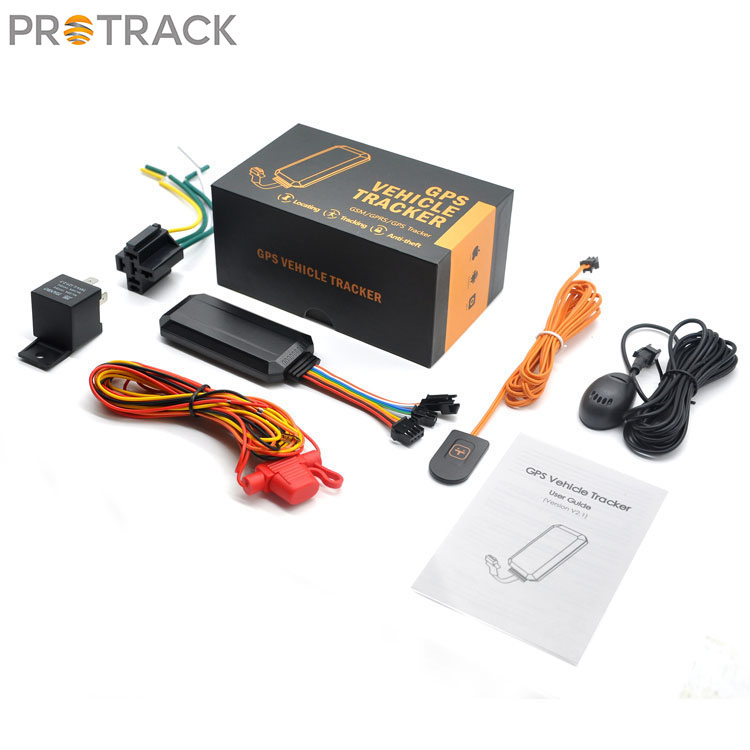Key features typically associated with real-time tracking GPS trackers
2024-04-09
A real-time tracking GPS tracker is a device equipped with GPS (Global Positioning System) technology that allows you to monitor the location of the tracker in real-time. These devices are commonly used for tracking vehicles, assets, and sometimes even people. Here are some key features typically associated with real-time tracking GPS trackers:
1. Live Tracking: Real-time tracking GPS trackers provide continuous updates on the tracker's location, allowing you to monitor its movements as they happen. This feature is often accessible through a web-based platform or mobile app.
2. GPS Technology: The device uses GPS satellites to determine its precise location coordinates. This information is then transmitted to a central server, where it can be accessed by authorized users.
3. Accuracy: High-quality GPS trackers offer accurate location data, often with a margin of error of only a few meters. This level of precision is crucial for applications where accurate tracking is essential, such as fleet management or asset tracking.
4. Geofencing: Many real-time tracking GPS trackers support geofencing, allowing you to define virtual boundaries or zones on a map. You can receive alerts whenever the tracker enters or exits these predefined areas, helping you monitor specific locations or ensure compliance with designated routes.
5. History Playback: In addition to live tracking, some GPS trackers store historical location data, allowing you to review past routes and movements. This feature can be useful for analyzing travel patterns, identifying inefficiencies, or investigating incidents.
6. Customizable Alerts: Real-time tracking GPS trackers often allow you to set up custom alerts based on various parameters, such as speed, idle time, or unauthorized movement. These alerts can be sent via email, SMS, or push notifications to notify you of important events or deviations from predefined criteria.
7. Tamper Detection: To prevent unauthorized removal or tampering, some GPS trackers include tamper detection features. These features can trigger alerts if the tracker is disconnected, removed, or tampered with in any way.
8. Battery Life and Power Options: Depending on the application, GPS trackers may be powered by the vehicle's electrical system, an internal rechargeable battery, or external power sources such as solar panels. Battery life varies depending on usage and configuration, with some devices offering extended battery life through power-saving modes.
9. Integration: Real-time tracking GPS trackers may offer integration with other systems or platforms, such as fleet management software, asset management systems, or third-party APIs, allowing for seamless data exchange and interoperability.
When choosing a real-time tracking GPS tracker, consider factors such as accuracy, reliability, battery life, data transmission capabilities, software features, and compatibility with your specific tracking needs and use case. Additionally, ensure compliance with applicable laws and regulations regarding tracking and privacy.



